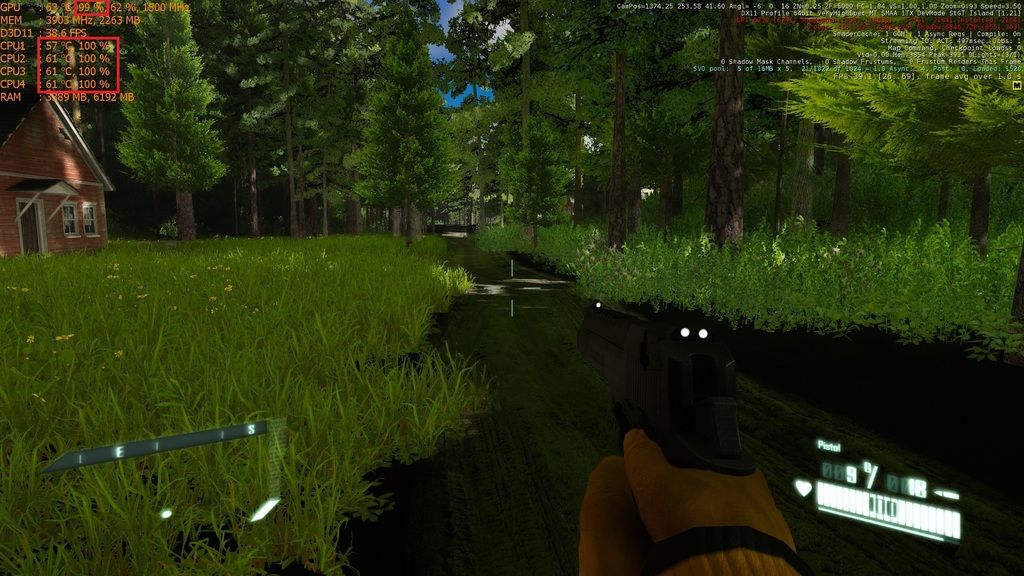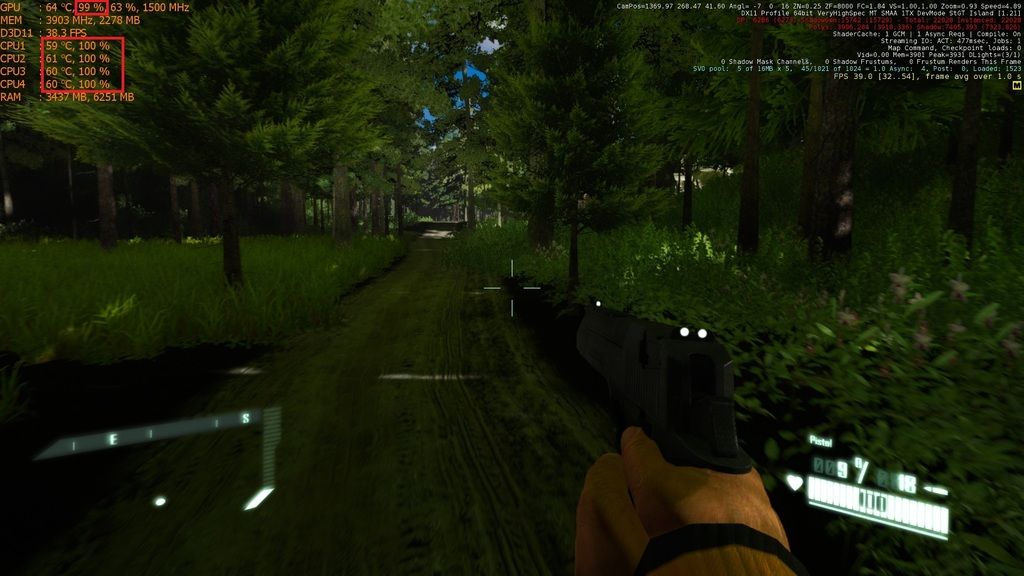Well I'm looking forward to see what AMD come up with. I've always felt their CPU's provided a "smoother" experience albeit slower than Intel most of the time. I would be tempted by 8 core 16t 3.5 GHz chip, but the motherboards will have to be the equal of the UK Intel ones. I'd love an MSI Z170 Titanium AM4 equivalent 

Last edited:




